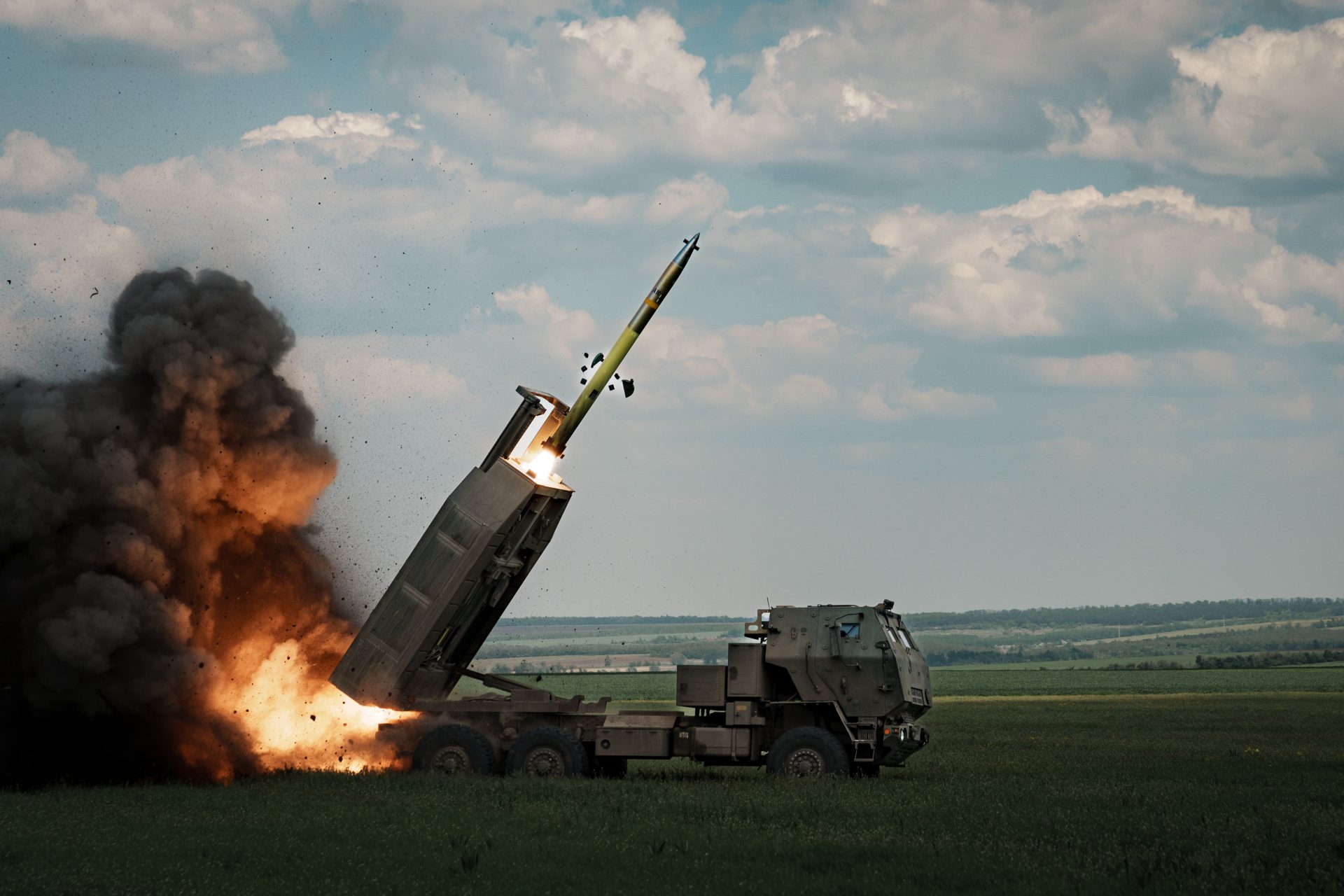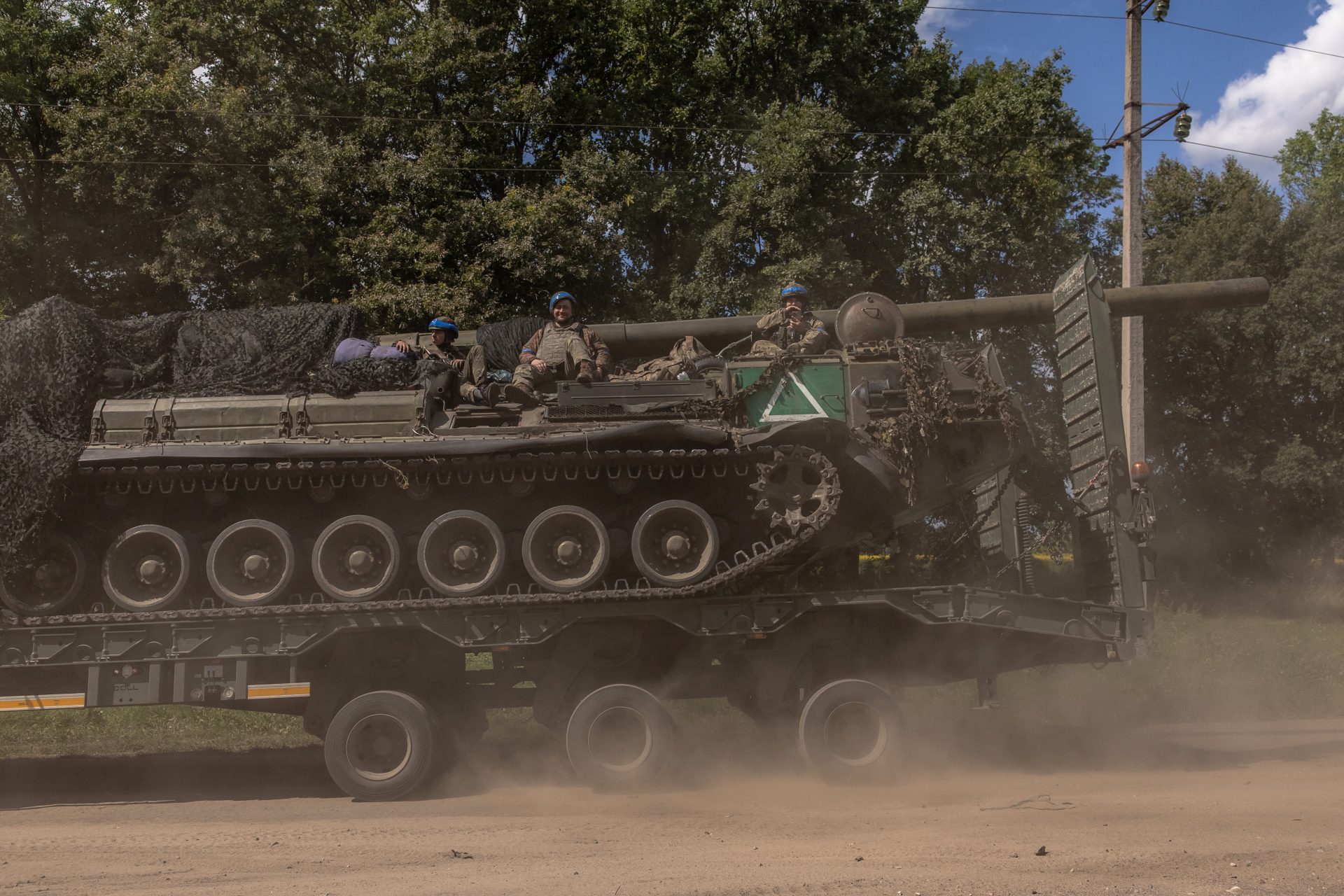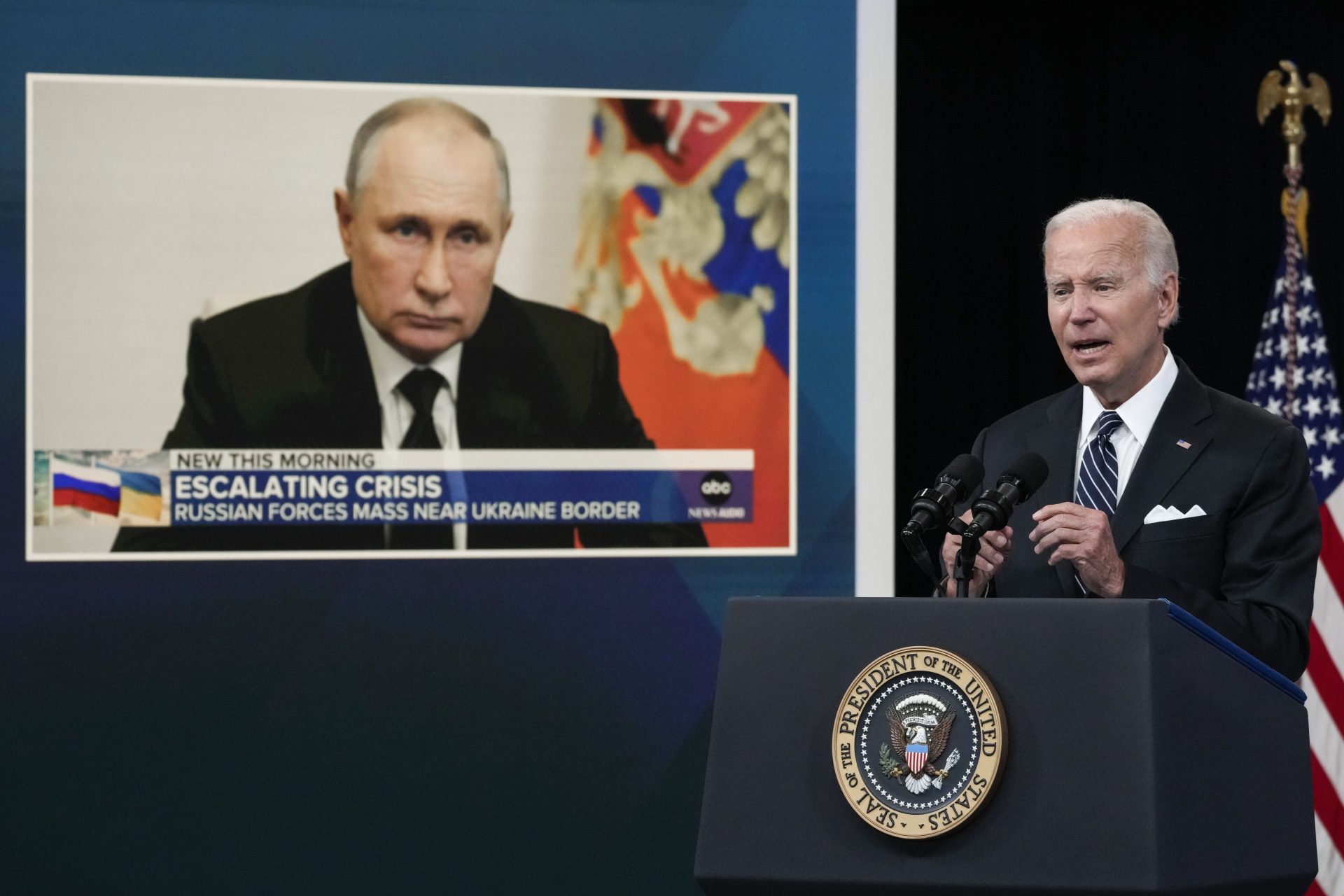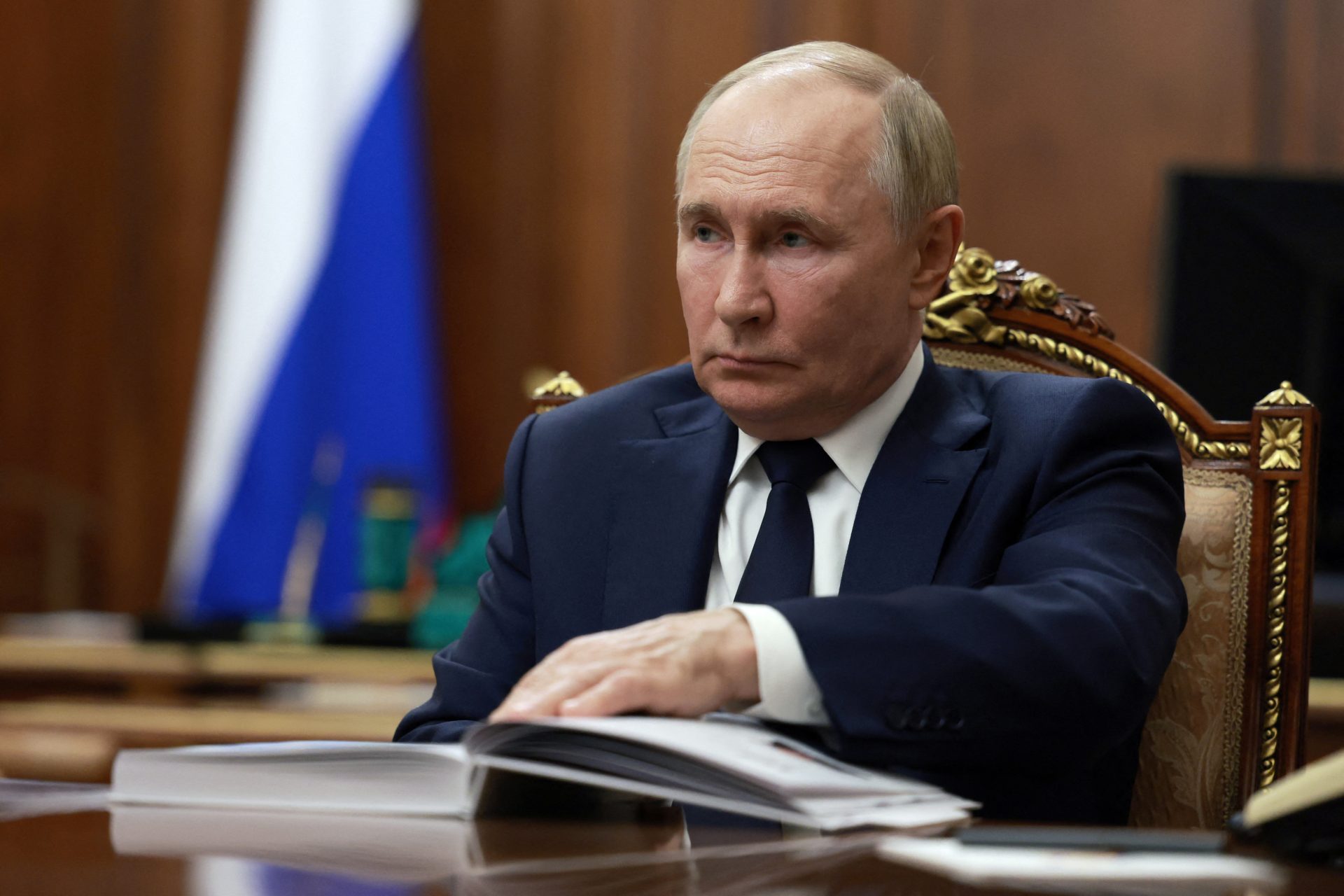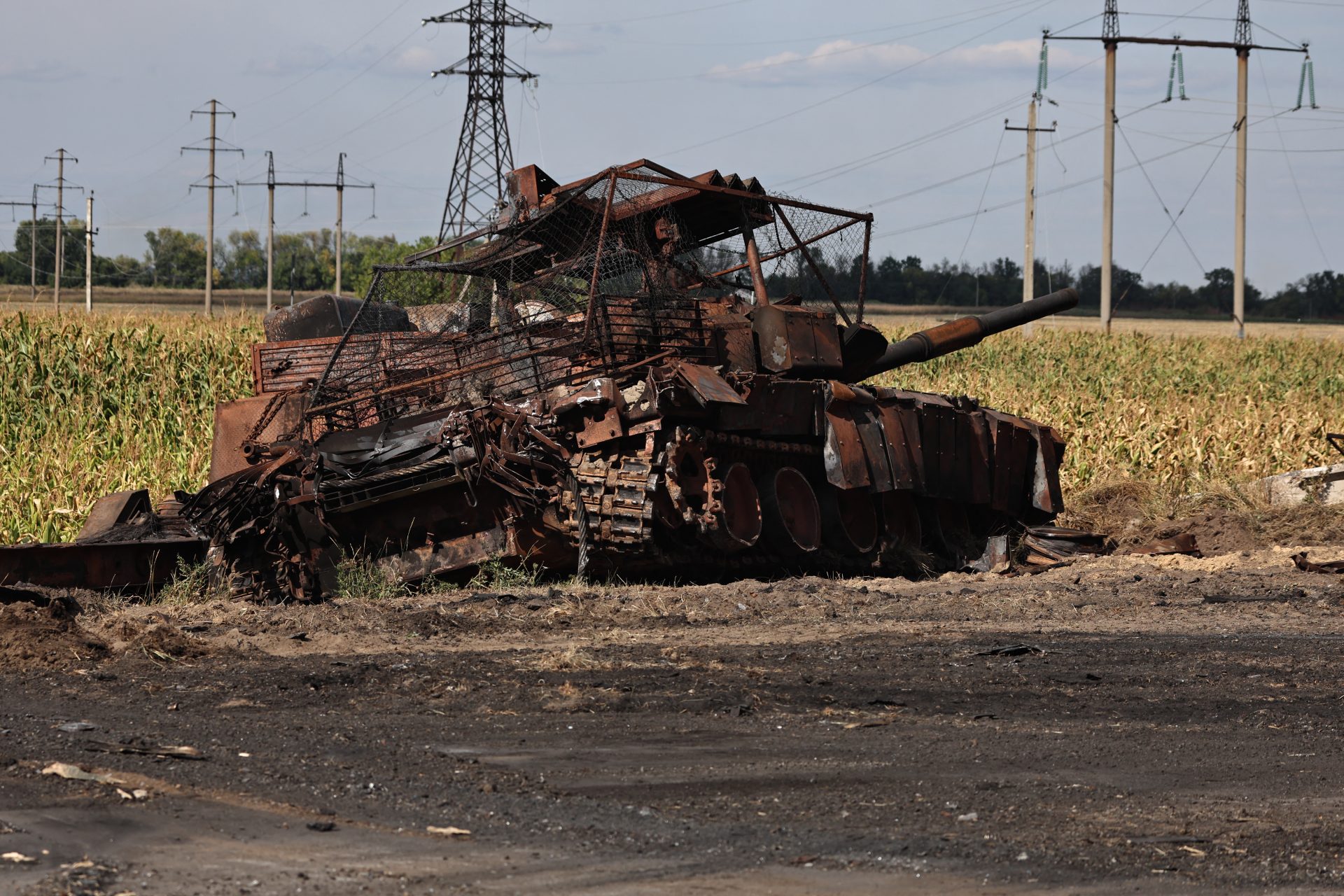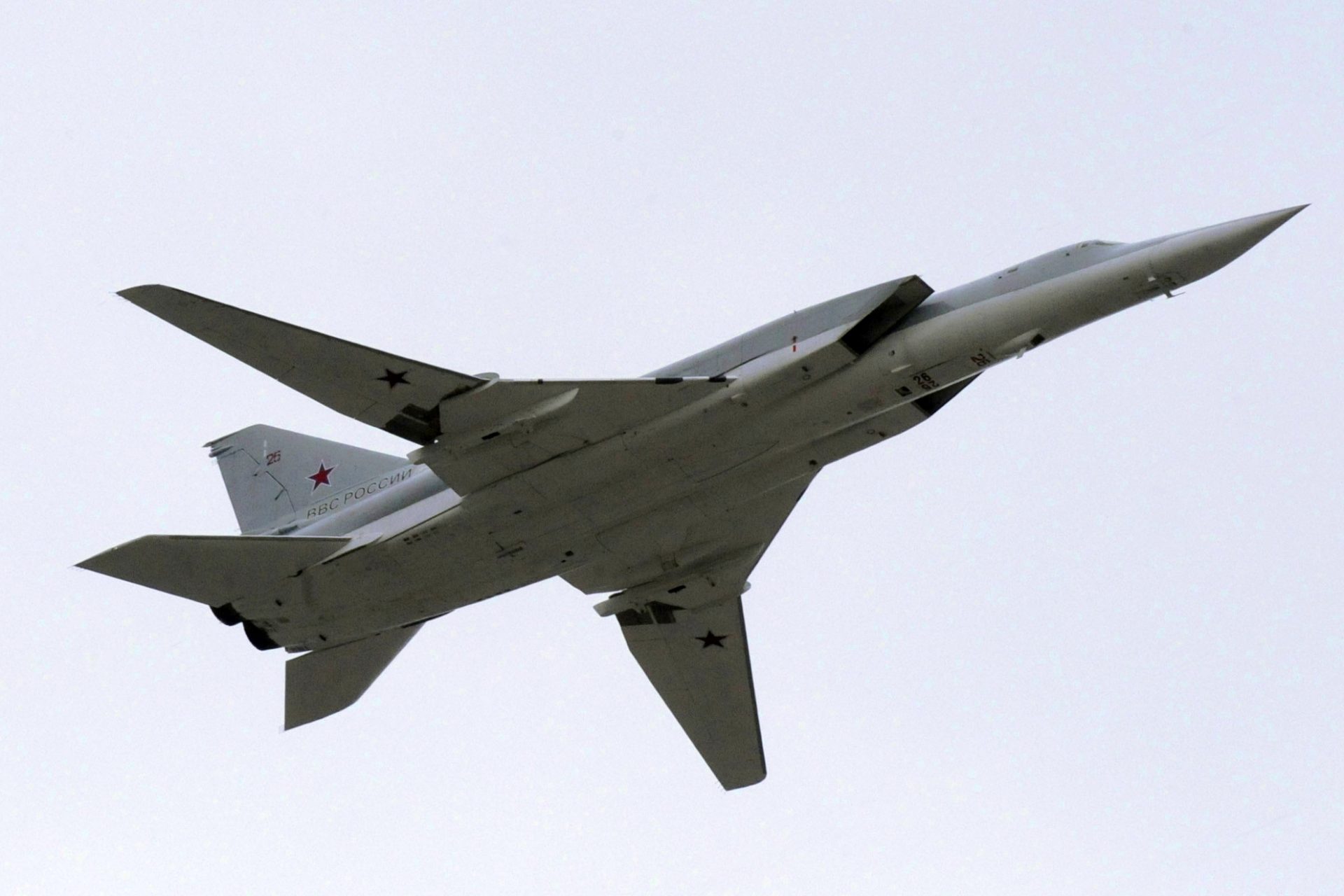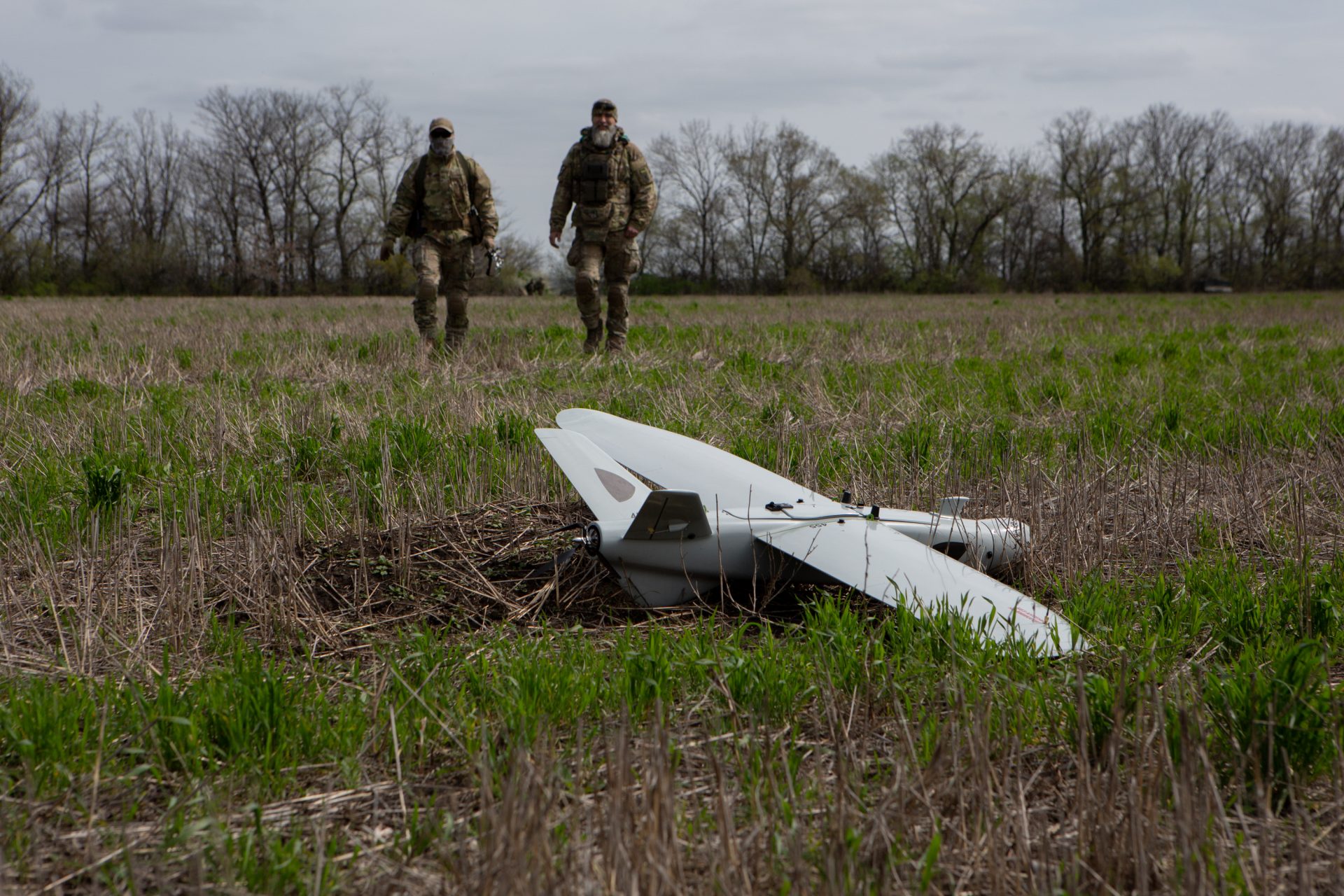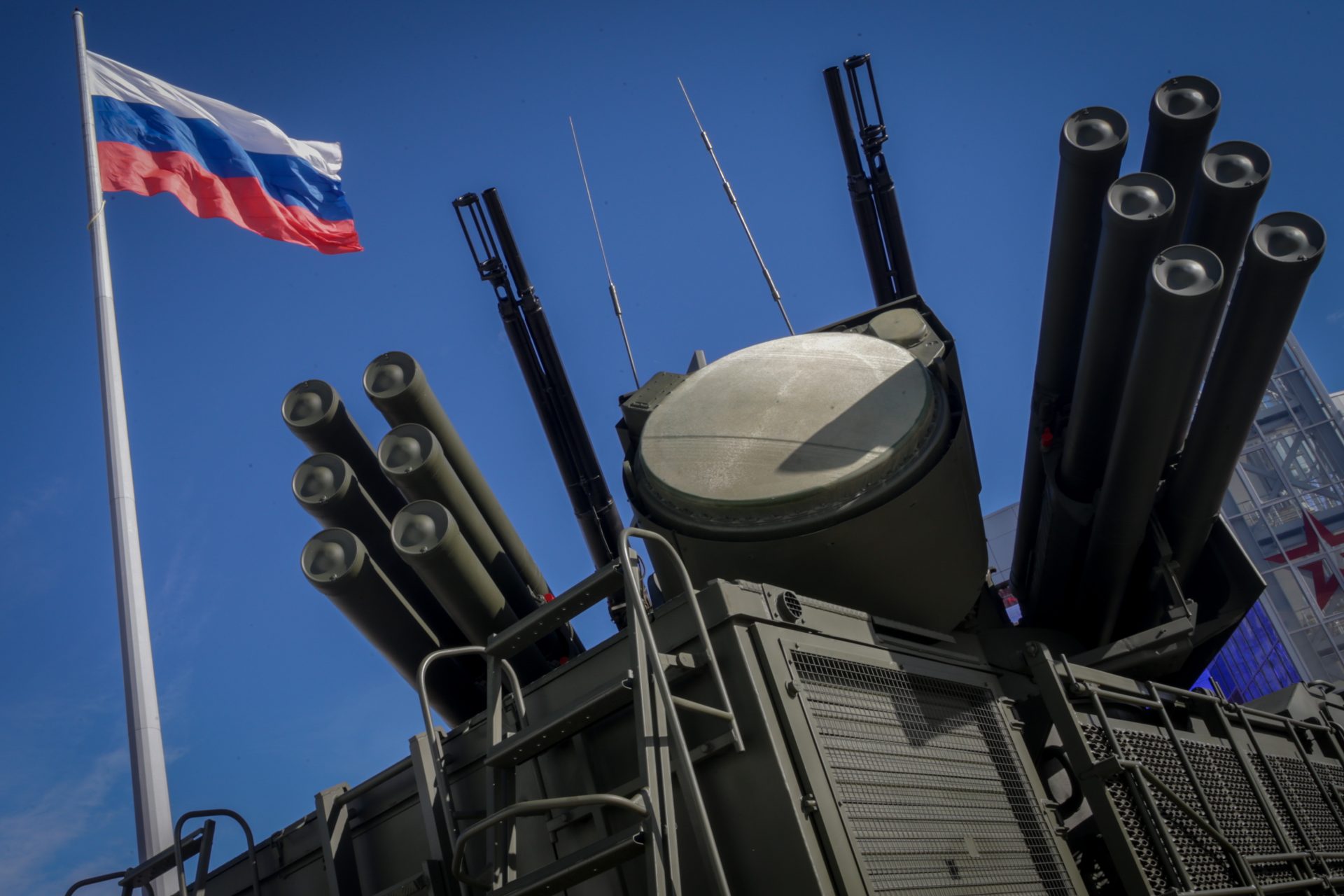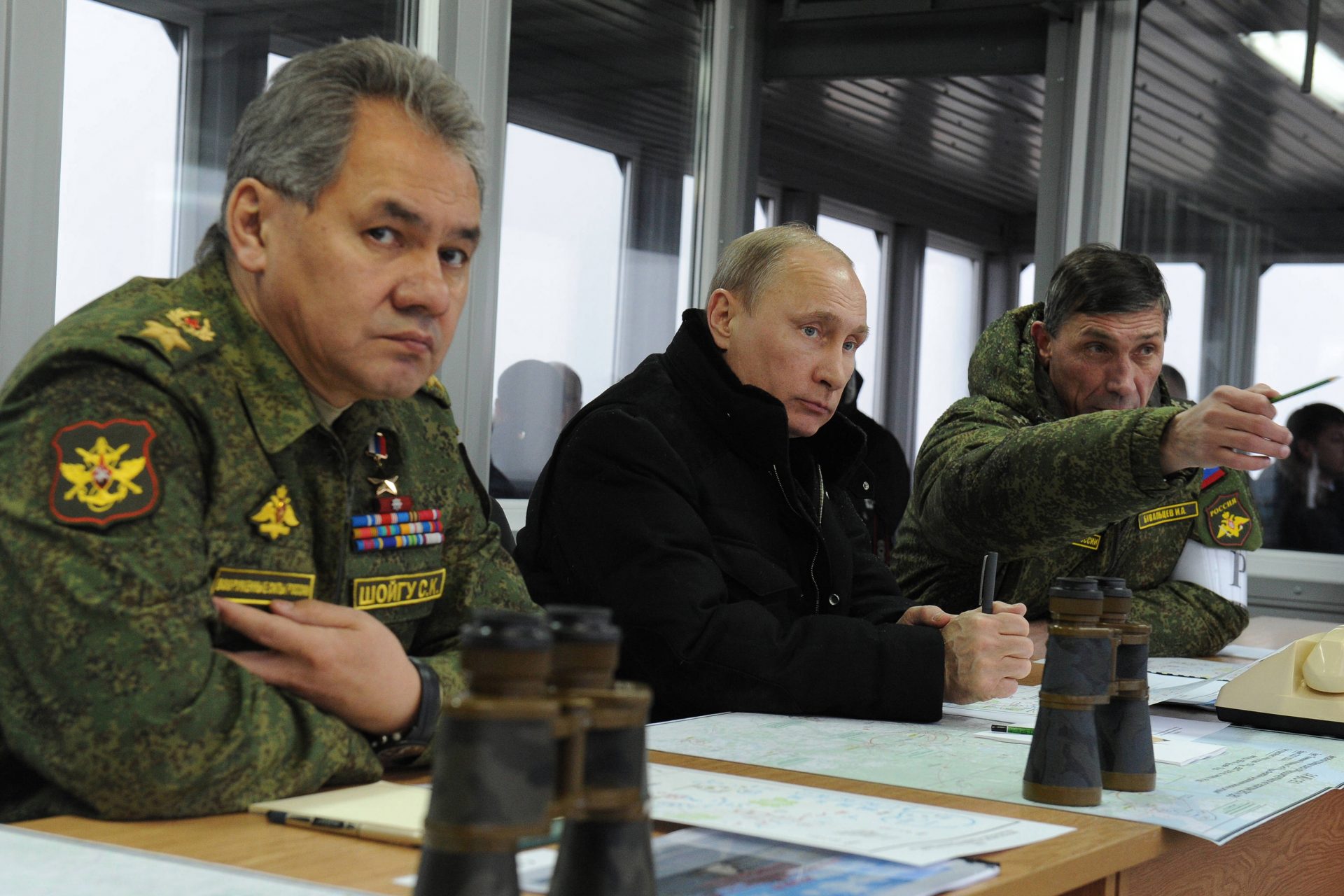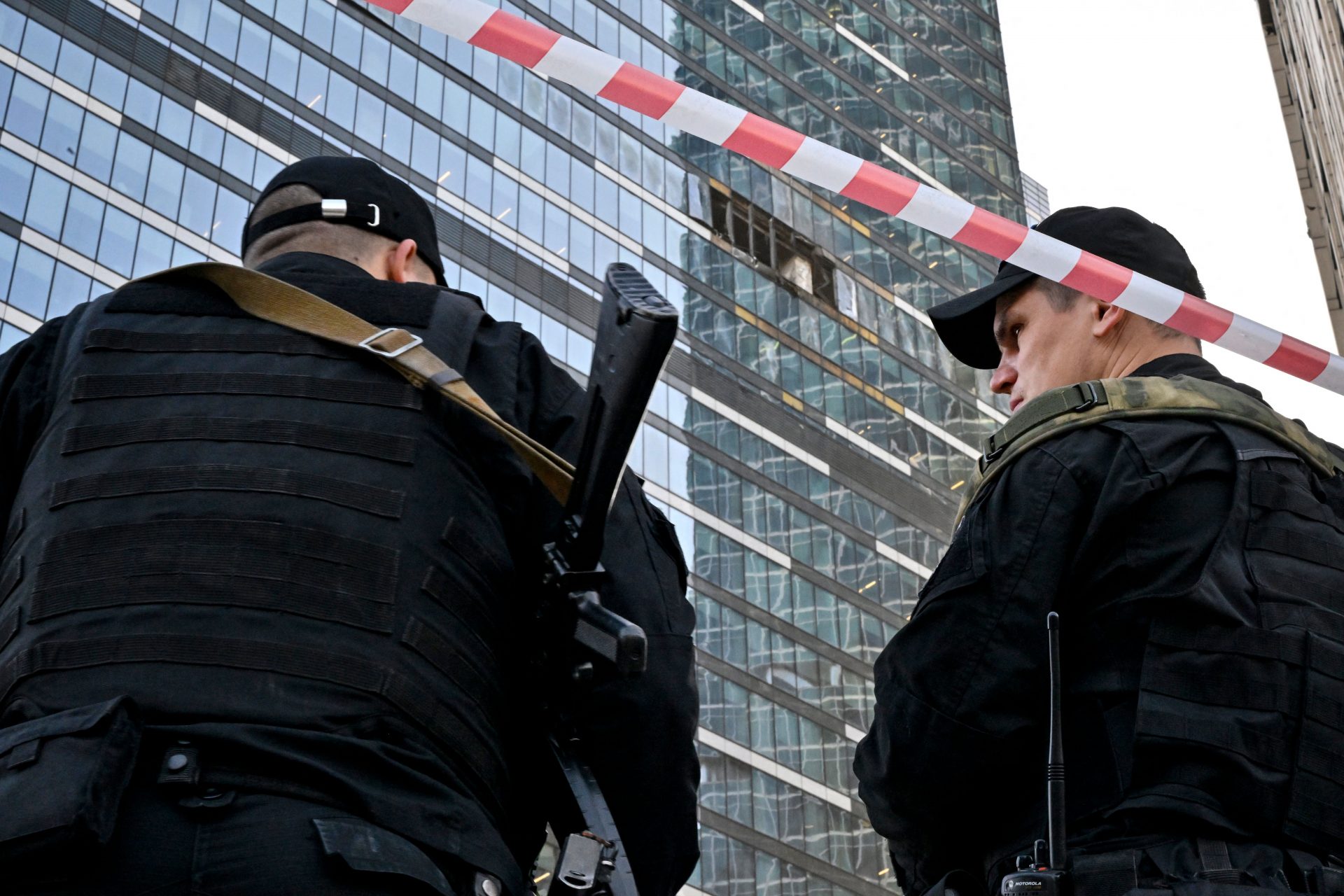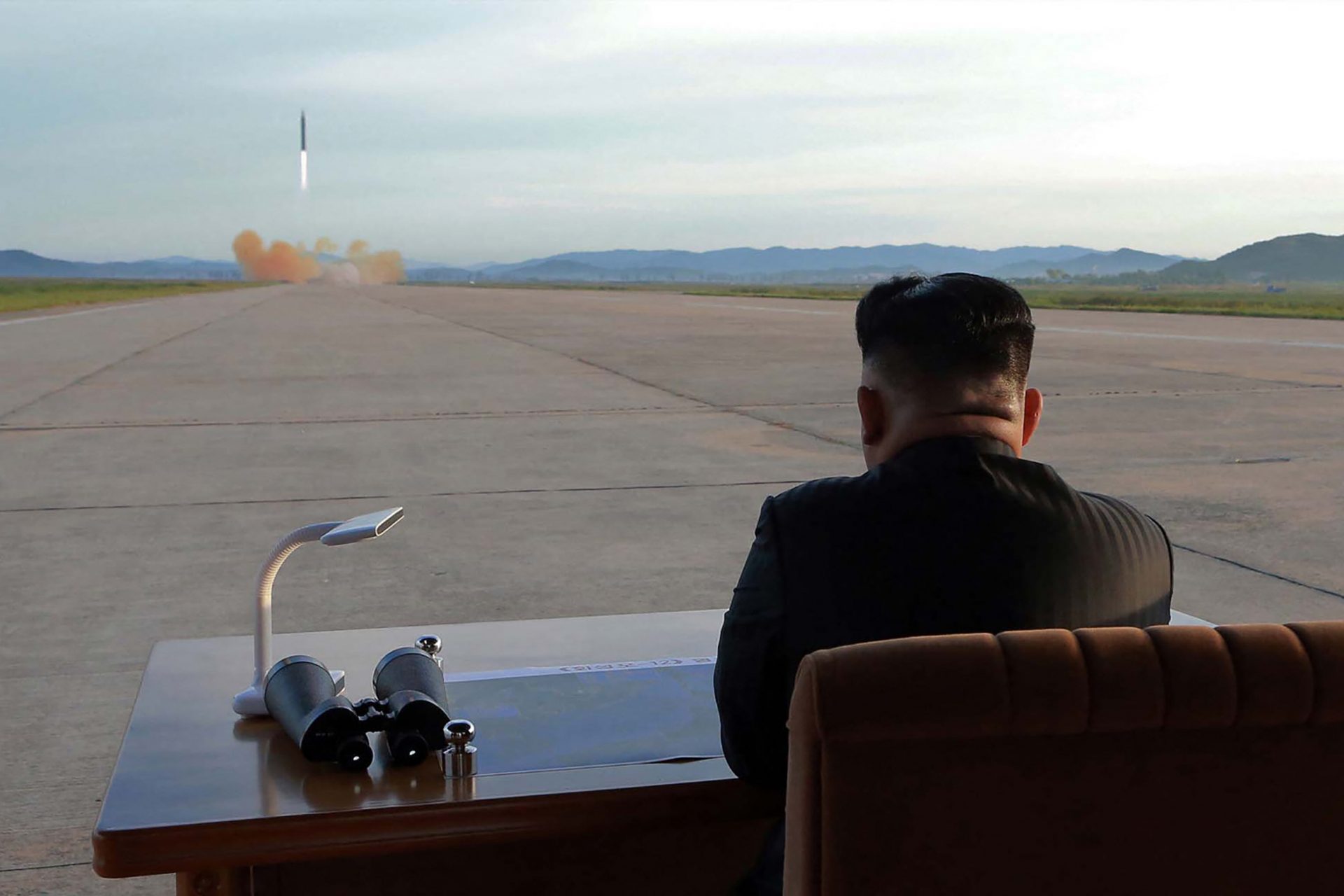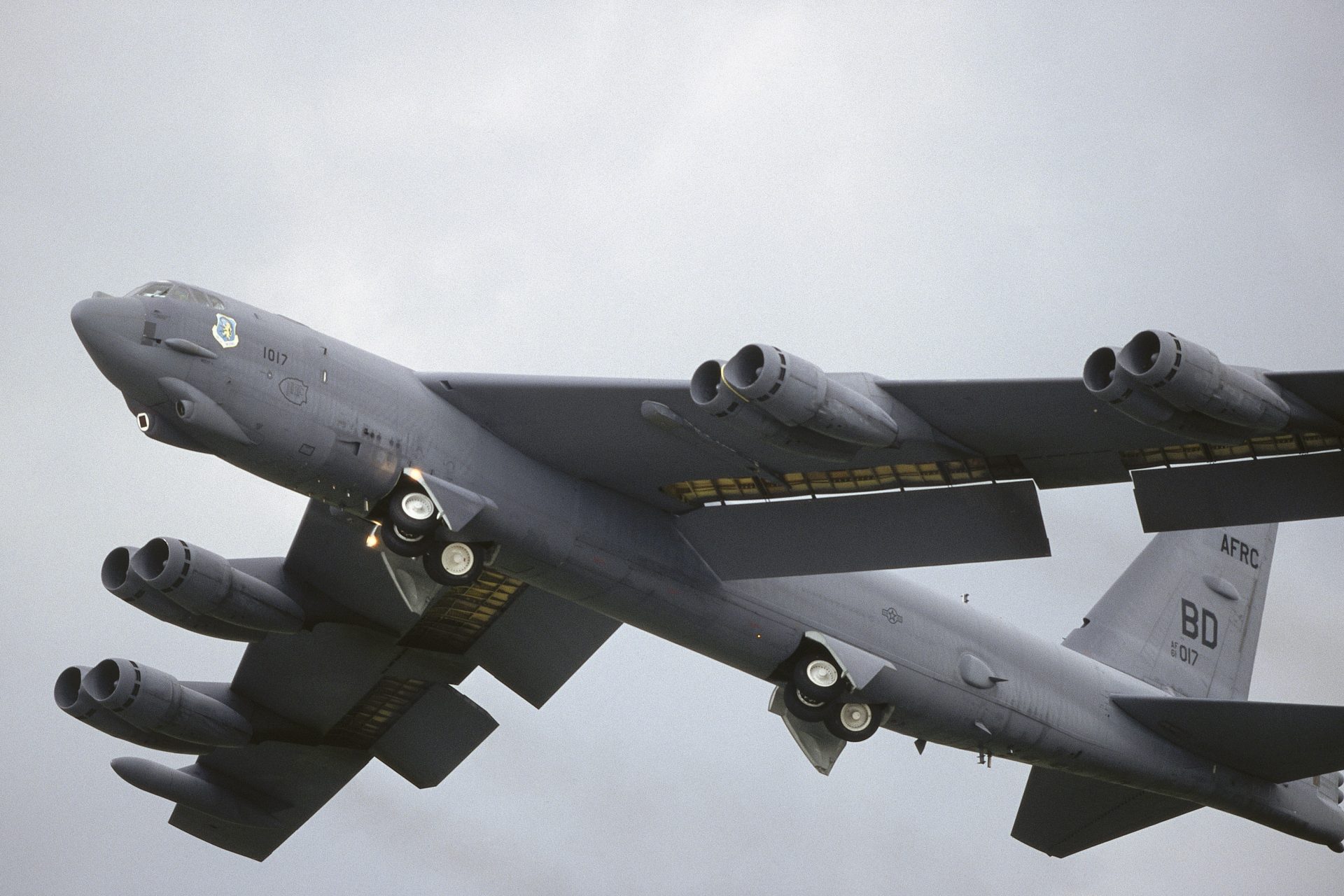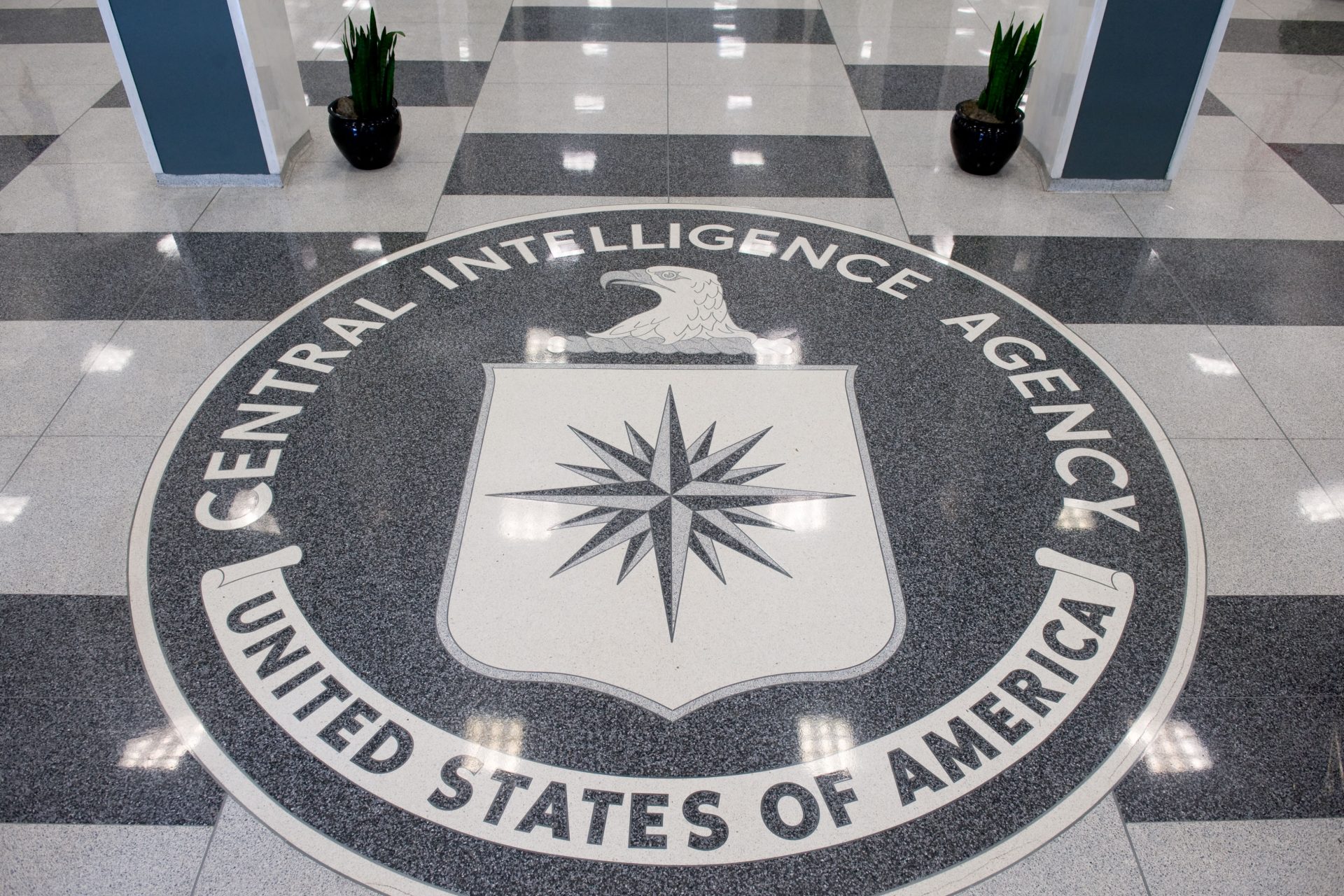Deep strikes in Russia: Ukraine's risky strategy yields significant advantages
As a part of Ukraine's war efforts against Moscow, Zelensky's troops have been striking targets deeper and deeper within Russia. These attacks are risky, yet experts claim that these attacks are very important.
On August 10th, Business Insider’s Cameron Manley tried to figure out why Ukraine has chosen to attack targets deep within Russia, despite the risks that such attacks can pose for the embattled nation. Let’s take a look at the current situation.
While Ukrainian allies have eased some of their restrictions on the use of their weapons on Russian territory, long-range attacks inside of Russia using weapons supplied by the United States, Europe, or the United Kingdom are still prohibited.
The United States allowed Ukraine to use American weapons for limited strikes inside of Russia in June to allow Kyiv to respond to the invasion of the Kharkiv region. A report from the Washington Post later revealed the limits of the new policy.
U.S. officials told The Washington Post that Washington restricted the use of its weapons to 100 kilometers, or roughly 62 miles from the border. Why this restrictive policy was put in place makes a lot of sense, the U.S. is worried about escalation.
The Biden administration spent more than two years of the war refusing to allow Kyiv to strike targets within Russia, fearing that a “direct conflict between the United States and Russia” could erupt if they did so, according to The Washington Post.
James Acton of the think tank, the Carnegie Endowment for International Peace, argued in a June article for the organization that the U.S. shouldn't further lower restrictions on the use of its arms on Russian territory because of the risks.
Acton argued the recent policy change raised the risk of nuclear war with Russia in exchange for what he said were likely modest gains. He also pointed out that attacks on two radar stations deep in Russia at the time provided no military benefit.
While the risks may not outweigh the rewards for Acton, there are three major benefits that Ukraine can receive from attacking Russian territory, and Kyiv has proven that it does not need to use advanced weapons from its allies to strike these targets.
Business Insider pointed out Kyiv can do a significant amount of physical and economic damage to Russian military sites and air bases that are used to facilitate Russia’s war in Ukraine, adding that even small strikes can have a large impact.
One example of a small attack that yielded a major benefit was a July strike on Olenya air base, which damaged two Tu-22M3 bombers and led Royal United Services Institute senior fellow Justin Bronk to say the attack had a “measurable effect.”
"Russia's active fleet is not large and even the temporary loss of two airframes for missile launch sorties against Ukraine will have a measurable effect," Bronk continued. Small attacks are also useful for hindering Russian oil and gas profits.
Deputy Director of the Russia Program at the Foundation for Defense of Democracies John Hardie told Business Insider that strikes on Russia’s gas industry “hurt Moscow’s pocketbook” but conceded the extent of the damage so far is “debatable.”
Another important benefit of attacking Russian territory is the pressure such attacks put on the country’s air defense network. Hardie explained that Moscow has been adapting, but hasn’t been able to match the cheap systems used by Ukraine to detect its drones.
Developing a system that can protect Russia’s vast territorial mass costs both time and money, as well as resources that could otherwise be used in the war. Russia is being forced to shift systems and protect its territory, weaken its invasion, or leave its territory unprotected and risk the safety of important domestic targets.
Finally, attacking Russia at home on its soil provides a wealth of psychological warfare benefits. Strikes on oil and gas facilities or military targets deep inside Russia bring the fight home to Russia and create problems for Vladimir Putin and his government.
“The attacks show the Russian people that the state cannot fully defend its airspace”, according to Bronk. Mark Cancian, a Senior Adviser at the Centre for Strategic and International Studies, told Business Insider the strikes show Russians “there is a price for attacking Ukraine.”
More for you
Top Stories





